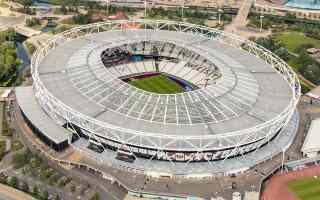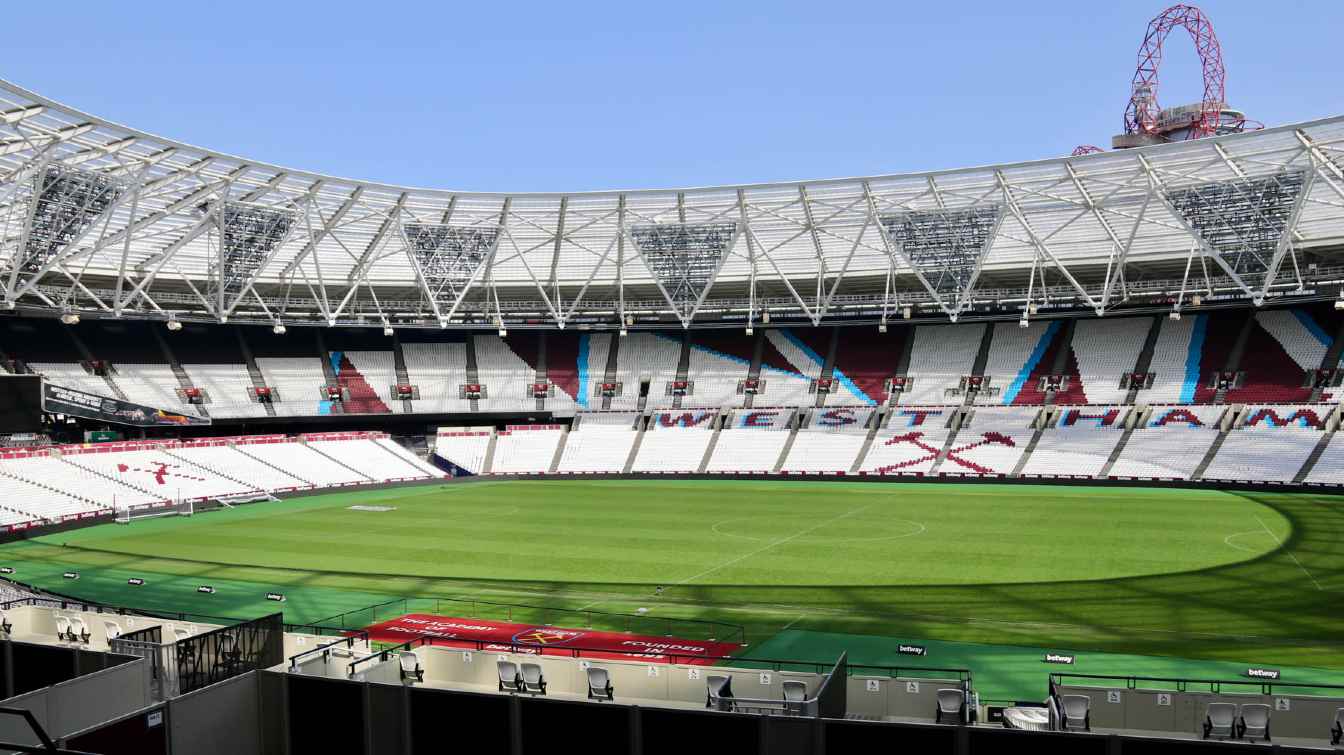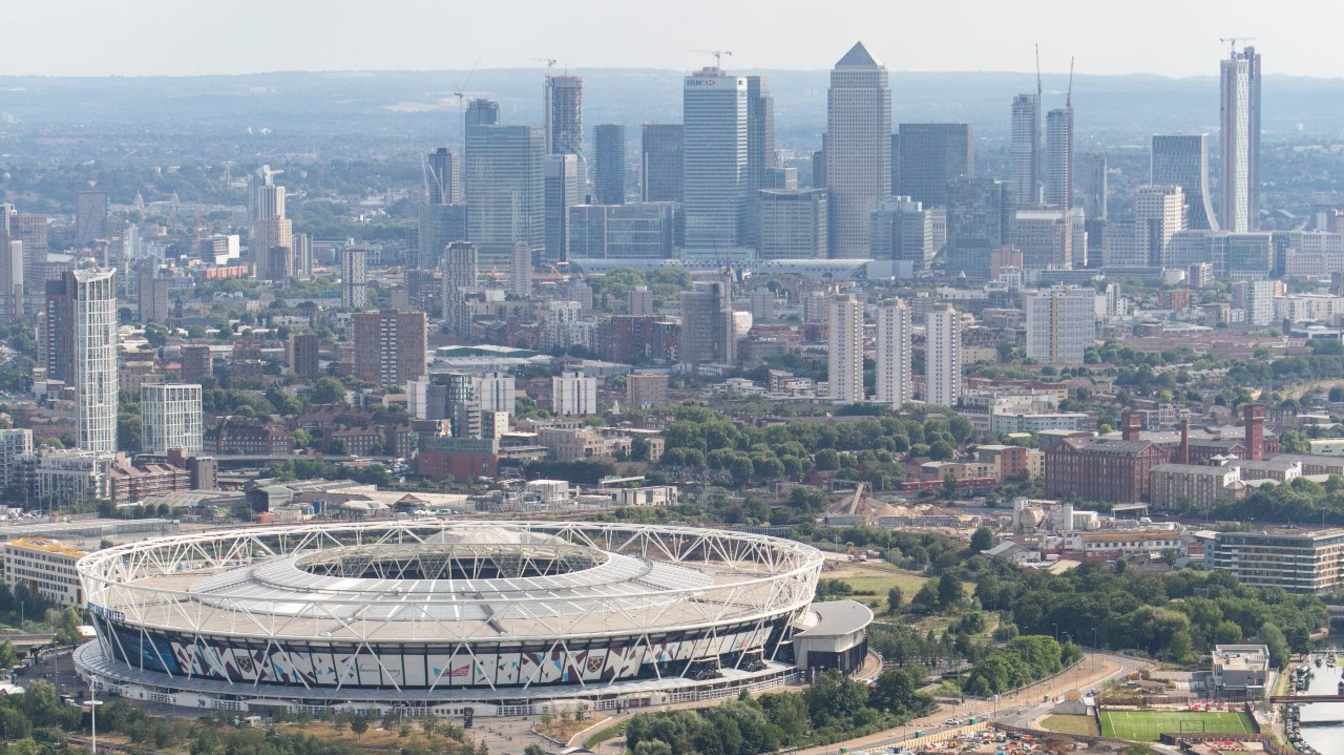England: West Ham win legal dispute over London Stadium
source: StadiumDB.com; author: Jakub Ducki
 A legal dispute between West Ham United and E20 Stadium LLP over a fee related to Czech billionaire Daniel Kretinsky's investment in the club has ended in victory for the London team.
A legal dispute between West Ham United and E20 Stadium LLP over a fee related to Czech billionaire Daniel Kretinsky's investment in the club has ended in victory for the London team.
Advertisement
Genesis of conflict
West Ham United has been leasing London Stadium for years under a lease agreement entered into in 2013 between WH Holding Ltd and E20 Stadium LLP, an entity managed by the London Legacy Development Corporation (LLDC). Under this agreement, the club agreed to pay a percentage of the profit from any sale of shares in the club by its owners for 10 years after the contract was entered into.
The main point of contention was the interpretation of this clause in the context of Czech businessman Daniel Kretinsky's purchase of a 27% stake in West Ham United in 2021. The deal was worth £151 million, but the parties could not agree on the amount due to E20.
Fee dispute and High Court decision
The formula for calculating the fee payable proved to be complicated, with each party having a different position on the matter. E20 Stadium LLP argued that the club should pay more than £6 million, while West Ham maintained that the amount was only £2.5 million under the contractual terms.
To resolve the conflict, the matter was referred to an independent expert who, in March 2023, agreed with E20. As a result, the full £6m was included in E20's annual accounts as an exceptional item.
West Ham disagreed with this ruling and took the matter to court in December 2024. In the ruling, deputy High Court judge Paul Mitchell KC found that the expert had made two manifest errors,
effectively invalidating his decision on the profit share calculation.
The basis of E20's claims was its belief that the three share sales and Kretinsky's option agreement to acquire Sullivan's shares constituted a single, overarching transaction to which the relevant calculation mechanisms should have been applied. The club, on the other hand, argued that the share sale and the option agreement were two separate operations with different terms. Ultimately, the court accepted West Ham's rationale.
The court decision itself is significant, but even more interesting are the financial details revealed in the ruling. The documents show that Kretinsky paid £125 million for newly issued shares in the club and £26 million for shares from Sullivan and Gold. In addition, the Czech billionaire gave Sullivan an £18 million non-refundable fee for an option to take full control of the club until March 2022, which he ultimately did not exercise. Kretinsky's deal raised West Ham's value to £475 million, almost five times the amount Gold and Sullivan paid for the club in 2010.
E20's financial problems
The court ruling is yet another setback for E20, LLDC and the Greater London Authority, who have struggled with the stadium's financial problems for years. The lack of an effective plan for its use after the 2012 Olympics led to huge losses running into tens of millions of pounds a year.
The West Ham deal has been criticised as benefiting almost exclusively the club, which pays a relatively low rent (currently just over £4 million a year) and retains all of the ticket and catering income, while the stadium owners bear the bulk of the maintenance costs.
Over the past two years, E20's losses have amounted to £30 million and the failure to find a sponsor for the stadium has further exacerbated the financial problems. An example of this was the failure of negotiations with German insurance company Allianz, which eventually decided to sponsor the national rugby stadium, Twickenham.
Advertisement
 StadiumDB
StadiumDB

